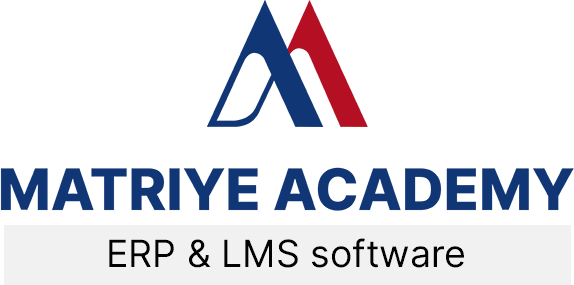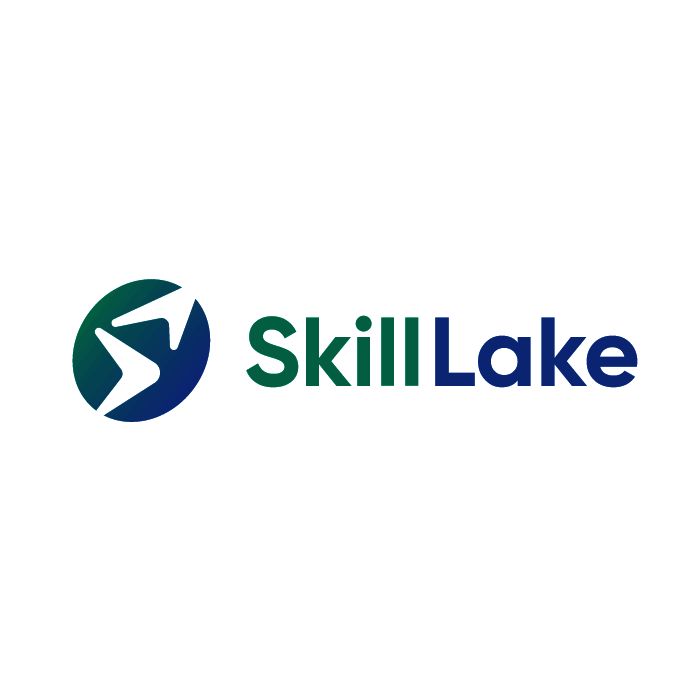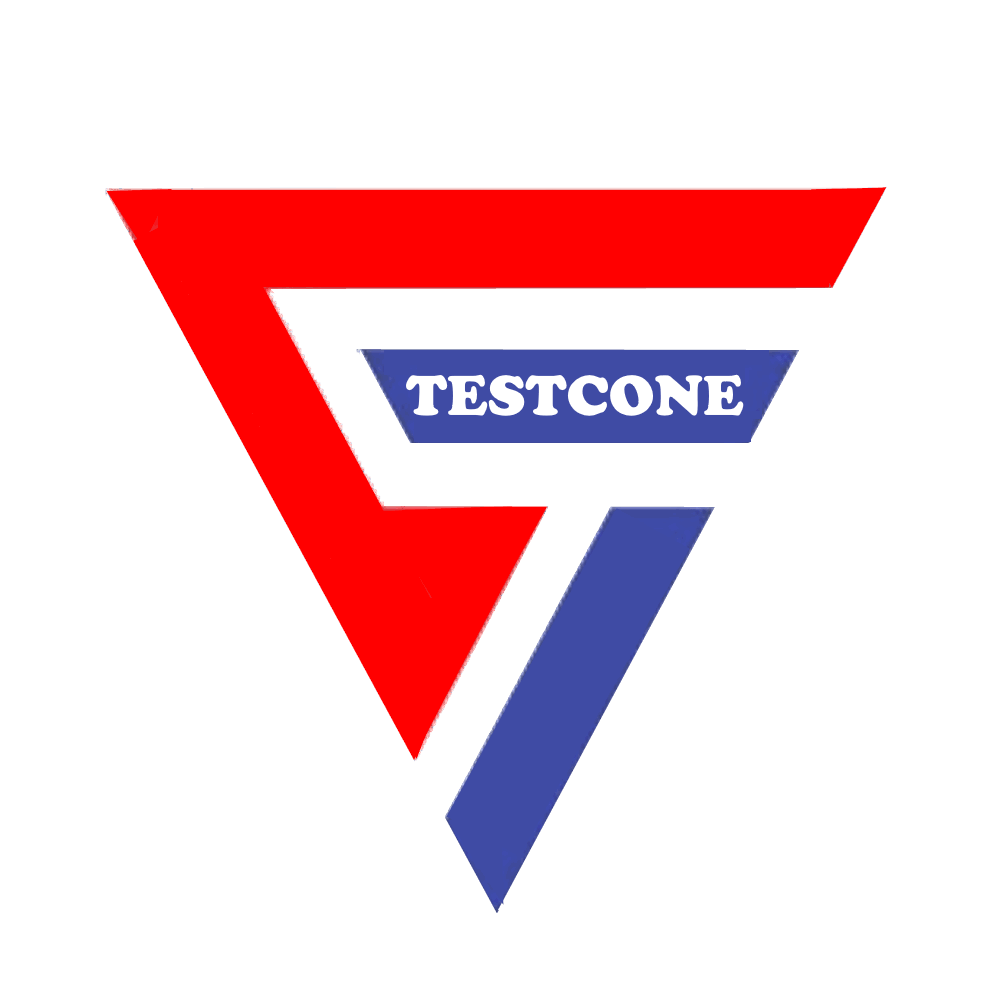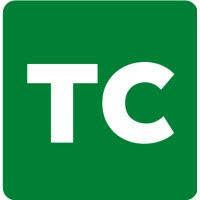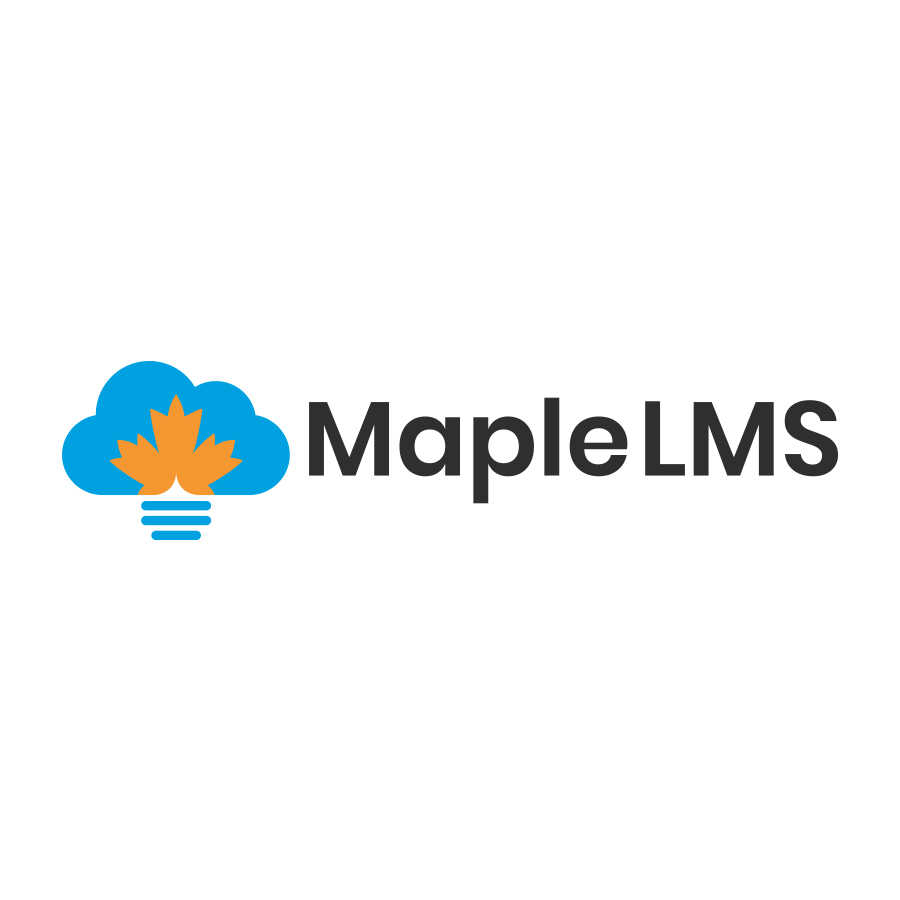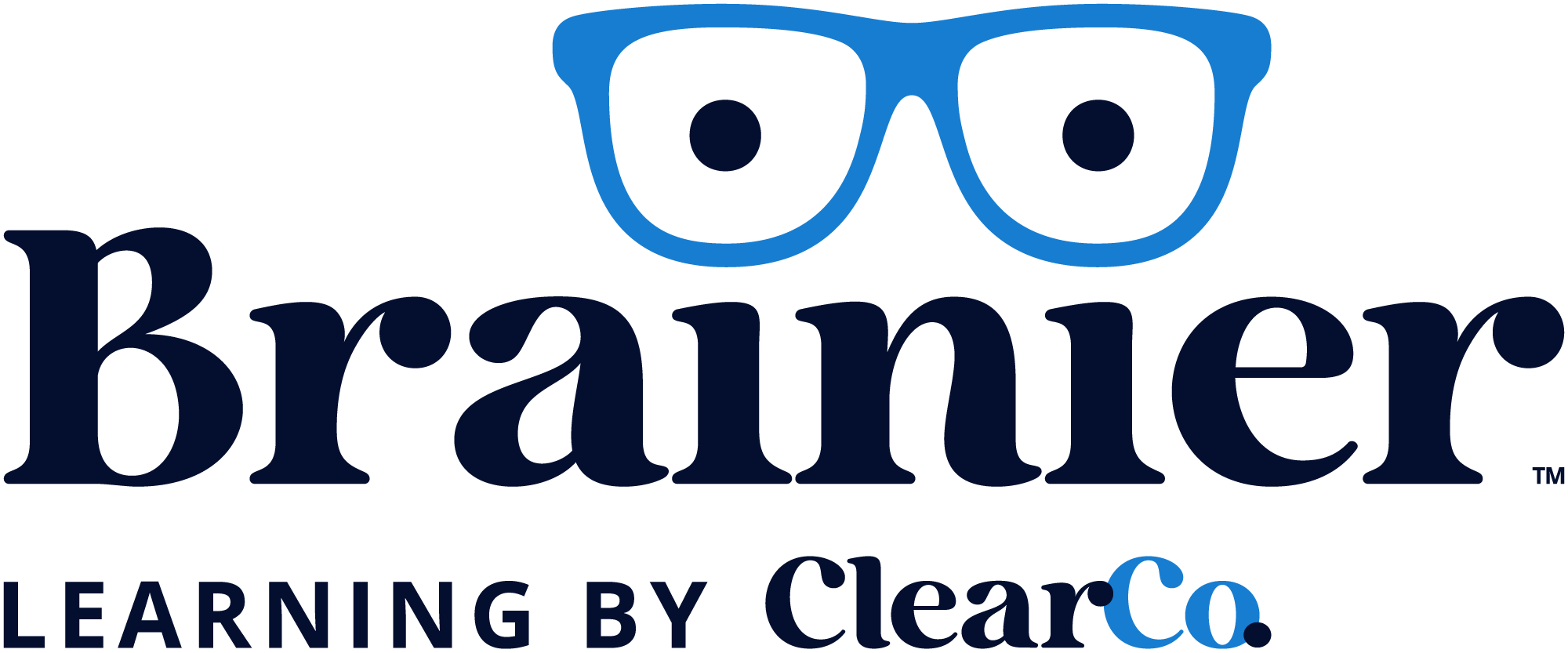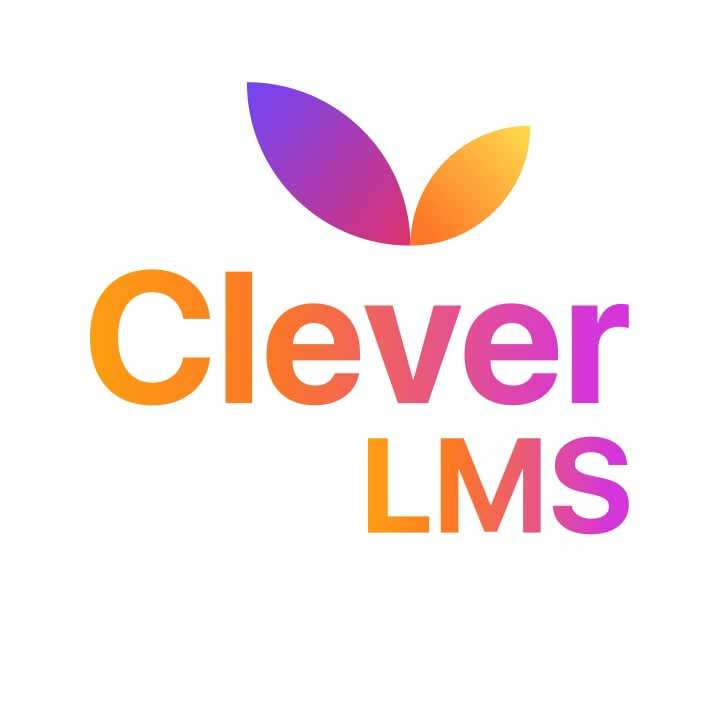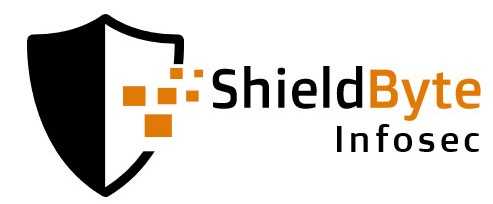What Is Corporate LMS Software?
Software for corporate learning management systems, or LMSs, is a potent instrument made especially for companies to optimize their staff development and training initiatives. It is a digital platform that consolidates all learning tools and materials, enabling businesses to provide their staff with efficient, well-organized, and interesting training.
Corporate LMS software is essentially a digital learning platform that assists businesses in producing, organizing, and distributing training materials to their staff. It offers a number of capabilities, including the ability to create and customize courses, track and report progress, and incorporate captivating multimedia components to improve the educational process. Delivering uniform and structured training to a large number of employees in many places is one of the biggest benefits of utilizing corporate learning management software.
For businesses of all sizes, this is an affordable alternative to expensive and time-consuming in-person training sessions. Additionally, Corporate LMS software has strong analytics and reporting capabilities that assist uncover knowledge gaps and offer insights into employee performance, enabling companies to make data-driven decisions about training and development.
The user-friendly interface of corporate learning management system software is another crucial feature that makes it simple for staff members of all levels to access and navigate through the course materials, regardless of their technical proficiency. This promotes ongoing learning and growth inside the company by guaranteeing a smooth learning experience for staff members.
What Are The Recent Trends In Corporate LMS Software?
Corporate learning is a field that is always changing, and as technology is used more often in the workplace, there has been a noticeable movement in favor of using Corporate Learning Management System (LMS) software. The need for feature-rich and intuitive LMS software has increased dramatically as businesses realize how important it is to keep learning new skills. What current developments in corporate LMS software should all buyers be aware of, then? Let's examine it more closely.
1. Mobile Learning: As remote and on-the-go work has become more popular, LMS software now has mobile learning features that let staff members see training materials on their tablets or smartphones. Because of the pandemic, this trend has accelerated in the last year, making it essential for any LMS software to remain current.
2. Personalization: In the fast-paced workplace of today, one-size-fits-all training is no longer effective. These days, corporate LMS software provides highly customized learning experiences that are tailored to each user's requirements and interests. This includes adaptive learning, in which the software modifies the training modules according to the learner's success using data and algorithms.
3. Social Learning: LMS software now provides social learning capabilities like discussion boards, online forums, and peer-to-peer learning, as collaborative learning has grown in popularity in the business sector. This fosters a culture of ongoing learning by enabling staff members to share expertise and thoughts and learn from one another.
4. Microlearning: The goal of this movement is to make learning more effective and interesting for staff members by providing them with small, easily assimilated bits of information. Microlearning is now supported by LMS software, enabling employees to study at their own pace and convenience through gamified exercises, short-form films, quizzes, and more.
5. Artificial Intelligence (AI): Features driven by AI are transforming the field of corporate learning. AI is being incorporated into LMS software to improve learning results and the overall experience, from tailored learning pathways to automated content selection.
6. Data Analytics: Modern corporate LMS software offers sophisticated data analytics features that offer insightful information about worker engagement, performance, and training efficacy. This enables businesses to continuously enhance their training initiatives and make data-driven decisions. As you can see, corporate learning management system software is always changing to meet the demands of the workplace. Understanding these trends as a buyer is essential to choose an LMS program that supports the objectives of your company and meets the demands of your employees. You can foster a culture of learning and growth that propels company success with the correct LMS software.
Benefits Of Using Corporate LMS Software
Software for corporate learning management systems, or LMSs, is a potent instrument that helps businesses provide their staff with efficient and successful training and education initiatives. It has many advantages that can significantly improve employees' overall learning experiences and is especially made for the business setting. Corporate LMS software is a crucial investment for any firm because of the following main advantages:
1. Centralized Learning Platform: All corporate training and learning initiatives may be managed centrally with the help of corporate learning management system (LMS) software. Employees will find it easier to access and finish their learning assignments without having to deal with traversing via several platforms or systems since all learning materials, courses, and resources will be available from a one location.
2. Customizable Learning Experience: Businesses can design unique learning opportunities for their staff members with Corporate LMS software. This implies that training initiatives can be customized to match the unique requirements and objectives of the company, guaranteeing optimal efficacy and employee involvement.
3. Effective Training Delivery: Using Corporate LMS software has several advantages, one of which is the capacity to provide training courses more effectively. Organizations can reduce the time and expenses associated with manual training procedures by implementing features like online assessments, progress monitoring, and automated course enrollment. This makes employee training more efficient and economical.
4. Greater Engagement And Involvement: A range of interactive elements, including gamification, discussion boards, and social learning tools, are available in corporate learning management system (LMS) software and can significantly improve employee engagement and involvement. This improves knowledge retention and application in the job in addition to making the learning process more pleasurable.
5. Detailed Reporting And Analytics: Corporate LMS software offers thorough reporting and analytics on the performance and learning of employees. This enables businesses to monitor the effectiveness of their training initiatives, spot knowledge gaps, and make data-driven choices for ongoing development.
6. Scalability: Organizations' training requirements change as they expand. Because corporate LMS software is scalable, businesses can easily grow their training initiatives without worrying about capacity constraints or extra expenses.
7. Compliance And Security: By providing features like secure user authentication and certifications, corporate LMS software can assist enterprises in highly regulated industries in ensuring compliance and security. By doing this, businesses may protect sensitive training materials and adhere to industry laws.
Important Factors To Consider While Purchasing Corporate LMS Software?
Sorting through all of the possibilities when selecting the best corporate learning management system (LMS) software can be very difficult. But don't worry—we've put together a list of crucial elements to take into account while making your choice.
1. User-Friendly Interface: Any software's success depends on its user-friendly interface. A complicated and unwieldy system will only lead to misunderstandings and reduced output. Seek out corporate learning management software with an easy-to-use interface.
2. Personalization And Customization: Every company has different training requirements. For this reason, search for software that lets you customize the user experience. This will guarantee that the instruction is customized to meet your unique needs.
3. Content Production And Management: Tools for content production and management should be included in an efficient LMS. You may upload, arrange, and update training materials with ease thanks to this. To keep your staff interested, look for elements like interactive tests, movies, and role-playing.
4. Scalability: Your organization's training needs will expand along with it. Select an LMS that can handle many users and change to meet your evolving demands.
5. Reporting And Analytics: It's critical to gauge how well your training initiatives are working. To evaluate employee development and pinpoint areas for improvement, look for an LMS that offers comprehensive reporting and analytics.
6. Mobile Compatibility: Employees must have access to training while they're on the go in the hectic business world of today. Make sure the learning management system you select is mobile-friendly so that your employees may access training resources from any location at any time.
7. Integration Capabilities: Your LMS must to be able to easily interface with various platforms and technologies that your company uses. This will remove any data silos and optimize your training procedure.
8. Technical Assistance And Training: To guarantee a seamless setup and effective software use, a reputable LMS provider should provide technical assistance and training.
9. Security: When selecting an LMS software, security is crucial due to the sensitive nature of employee data. To shield your data from hackers and online risks, look for a service that has strong security features.
10. Budget and ROI: Finally, take into account the return on investment (ROI) for the LMS software you select as well as your budget. Although price is a significant consideration, it shouldn't be the only one. Seek out an LMS that can assist you in effectively achieving your training objectives and provides excellent value for the money.
What Are The Key Features To Look For In Corporate LMS Software?
A smooth and successful learning experience is ensured by taking into account a number of important aspects when choosing the best corporate learning management system (LMS) software for your company. These elements help your business training program succeed in addition to improving the user experience overall. The following are the main characteristics of corporate LMS software to look for:
1. User-Friendly Interface: Any LMS's success depends on its user-friendly interface. Choose software that is easy for administrators and students to use, with a straightforward and intuitive interface. Users will have a better learning experience as a result of the time savings and less irritation.
2. Customization Options: Every organization has different goals and requirements for training. Choose a corporate learning management system (LMS) that provides customization features including branding, tools for creating courses, and content that can be altered. This will assist you in customizing the LMS to fit your unique training needs.
3. Content Management: One essential component of an LMS is a strong content management system. Think about a program that supports many file formats and lets you submit numerous kinds of content, including presentations, documents, and videos. Additionally, it must to offer choices for efficiently managing and organizing content.
4. Mobile Compatibility: Choosing an LMS that is mobile friendly is essential given the rise in the use of mobile devices. Seek out software with a mobile app or responsive design so that students may access instruction at any time and from any location.
5. Learning Analytics: You need accurate data and analytics to gauge how well your training program is working. Select an LMS that offers thorough analytics and reporting so you can understand about the progress, completion rates, and general performance of your students.
6. Integration Capabilities: The LMS ought to be able to easily interface with your current systems, including performance management or HR management solutions. This will make it simpler to monitor and oversee students' progress by allowing you to automate procedures and optimize data flow.
7. Collaboration And Communication Tools: Any organization's success depends on effective communication and teamwork. Seek an LMS that facilitates peer-to-peer engagement and information sharing by providing tools like chat, discussion boards, and social learning. You can choose a Corporate LMS Software that supports your overall objectives and satisfies the training requirements of your company by taking into account these important aspects. Remember that the finest learning management system is the one that meets your specific needs and offers all users a smooth learning experience.
Why Do Businesses Need Corporate LMS Software?
In today's dynamic and fast-paced workplace, corporate learning management system, or LMS, software has become a vital tool for companies. It is essential for businesses of all sizes and sectors since it provides a consolidated platform for overseeing staff training and development. So why is corporate LMS software necessary for businesses? Let's examine some of the main causes:
1. Simplify The Training Process: Companies can save time and money by automating their training process with corporate LMS software. This makes the process more effective and convenient by doing away with the requirement for manual tracking and administration of training programs.
2. Cost-Effective Solution: By doing away with the necessity for in-person training sessions, LMS software lowers expenses related to instructor fees, staff travel, and lodging. It also makes it possible to reuse training materials, which lowers costs even further.
3. Customizable Content: LMS software enables the development and modification of training materials in accordance with the particular training requirements of each company. Better learning outcomes result from ensuring that staff members receive training that is both pertinent and customized.
4. Tracking And Reporting: LMS software gives companies extensive tracking and reporting capabilities that let them keep tabs on staff development, spot knowledge gaps, and assess how well training initiatives are working. Businesses can use this information to make well-informed decisions about upcoming training programs.
5. Employee Development: Training is available at any time and from any location thanks to the extensive learning possibilities provided by corporate LMS software, which includes webinars, videos, and online courses. This enables companies to make investments in the training of their staff, resulting in a knowledgeable and driven workforce.
6. Compliance And Certification: Companies in regulated sectors must make sure their staff members are knowledgeable on the latest standards for compliance and certification. Corporate LMS software lowers the risk of non-compliance by providing tools for managing and tracking compliance training.
7. Onboarding and Upskilling: New hires and existing staff members can both be onboarded and upskilled using LMS software. Businesses can expedite the onboarding process and provide staff members the tools they need to succeed in their positions by offering a defined learning path.
How Much Time Is Required To Implement Corporate LMS Software?
Depending on a company's unique goals and requirements, the time needed to establish corporate LMS software can vary. From initial planning to system launch, the usual time to fully develop a corporate learning management system (LMS) software is a few weeks to a few months. The complexity and scale of the organization also affect how long it takes to deploy.
Compared to larger organizations with more complicated training requirements, smaller businesses with simpler training programs could need less time. It is advised to establish an approximate implementation timeframe in close collaboration with the LMS supplier. Data migration, customizations, user training, system integration, and testing are some of the phases that are usually included in the implementation process.
To guarantee a successful and seamless deployment, businesses must allot sufficient time and resources at every stage. It's also critical to remember that the amount of time needed for installation depends not only on the LMS software but also on the company's degree of participation and change preparedness.
To guarantee a prompt and effective launch of the Corporate LMS software, a specialized staff is therefore required to supervise the implementation and offer the required support. In the end, the time needed for implementation might seem like a big investment, but any business can profit from having an effective and customized learning management system.
What Is The Level Of Customization Available In Corporate LMS Software?
A wide range of features and functionalities are available in corporate LMS software, which may be customized to match the particular training requirements of companies. The degree of customisation an LMS offers is among the most crucial factors to take into account. This helps to match the LMS with the organization's training goals and objectives in addition to offering a customized learning experience.
The interfaces of the majority of contemporary corporate LMS software are incredibly adaptable and configurable, enabling businesses to design a completely immersive and branded learning experience. This include selecting particular fonts to complement the brand's identity, altering the color scheme, and adding the company's logo. In addition to fostering uniformity, this degree of personalization strengthens the company's branding and messaging throughout all training materials.
Corporate LMS software provides a variety of content customization possibilities in addition to branding. To design interesting and dynamic training modules, organizations can select from a variety of content kinds, including papers, videos, presentations, quizzes, and more. They can also alter the content according to the work duties, learning preferences, and skill level of the audience.
This guarantees that workers receive tailored and pertinent training, which enhances learning results. Additionally, companies can limit access to particular features and information by customizing user roles and permissions with corporate LMS software. This not only protects the privacy of data but also enables employees to learn in a disciplined and orderly manner.
Corporate LMS software provides a number of possibilities to tailor learning routes in addition to branding, content, and user roles. This involves developing specialized learning programs for various divisions, work roles, or ability levels. To help employees stay on track with their training, organizations can also set up automated reminders and notifications.
Which Industries Can Benefit The Most From Corporate LMS Software?
A key component of every organization's success is corporate learning, and as technology advances so quickly, conventional training and development approaches are becoming antiquated. Software from the Corporate Learning Management System (LMS) enters the picture at this point. LMS software is an all-inclusive platform that enables businesses to administer, monitor, and deliver all of their training initiatives centrally. Implementing a corporate learning management system (LMS) can help all industries, but in certain, the effects may be more noticeable.
Let's examine these sectors to see how they might improve their learning and development plans by utilizing LMS software.
1. Financial: Services, Insurance, and Banking (BFSI) Employees in the highly regulated BFSI sector must be knowledgeable on the most recent compliance and industry standards. Organizations in this industry may simply monitor staff training and certifications with LMS software, guaranteeing regulatory compliance and enhancing general knowledge and skills.
2. Medical Care: Staying up to date with ever evolving medical advancements and laws requires constant learning and development in the healthcare sector. In order to guarantee the provision of top-notch healthcare services, corporate LMS software enables healthcare organizations to offer training on new practices, technology, and patient care.
3. Shop: Regular training on product knowledge, customer service, and sales strategies is necessary for the huge and diversified workforce of retail organizations. Organizations can use LMS software to track employee development, provide customized training programs for various job positions, and guarantee uniform training across all locations.
4. Production: Compliance and employee safety are of utmost importance in the industrial sector. Training on safety procedures, operating machinery, and industry rules can be offered by corporations using LMS software. Additionally, it allows them to monitor completion and offer useful information for enhancement.
5. Technology And Information: Technology Because the IT and technology world is always evolving, workers in this sector need ongoing training to stay abreast of new advancements. LMS software is perfect for the ever changing IT industry because it allows firms to provide bite-sized, just-in-time training that is accessible anywhere, at any time.
Conclusion
In conclusion, by expediting training procedures and enhancing worker performance, a corporate learning management system (LMS) can be a huge asset to your company. Even if there are a lot of possibilities on the market, it's crucial to thoroughly assess and take your unique needs into account before making a purchase.
First, determine which features—such as customizable course design, reporting and analytics, and integration capabilities—are critical to your organization's training requirements. To assess the software's scalability, take into account your company's size and structure in addition to the number of users who will be using the LMS. The LMS's ease of use and the vendor's support and training services should be considered as well.
The effectiveness of your LMS implementation can be greatly impacted by an intuitive user interface and extensive support. Additionally, to determine which vendor best suits your budget, carefully examine the price and subscription plans that each one offers. Choose software that can be scaled as your business expands and provides flexibility with regard to payment schedules.
Since an LMS program holds important employee data and information, security should also be a key consideration. To safeguard the data of your company, make sure the program has strong security features like encryption and data backup. Finally, to learn more about the LMS software's features and any drawbacks, read evaluations and testimonies from other businesses that have utilized it.
This will help you make an informed choice and provide you with insightful information. All things considered, selecting the best corporate LMS software for your company necessitates serious thought and investigation. You may choose an LMS software that fits the unique requirements and objectives of your company by carefully considering the important aspects covered in this tutorial.

